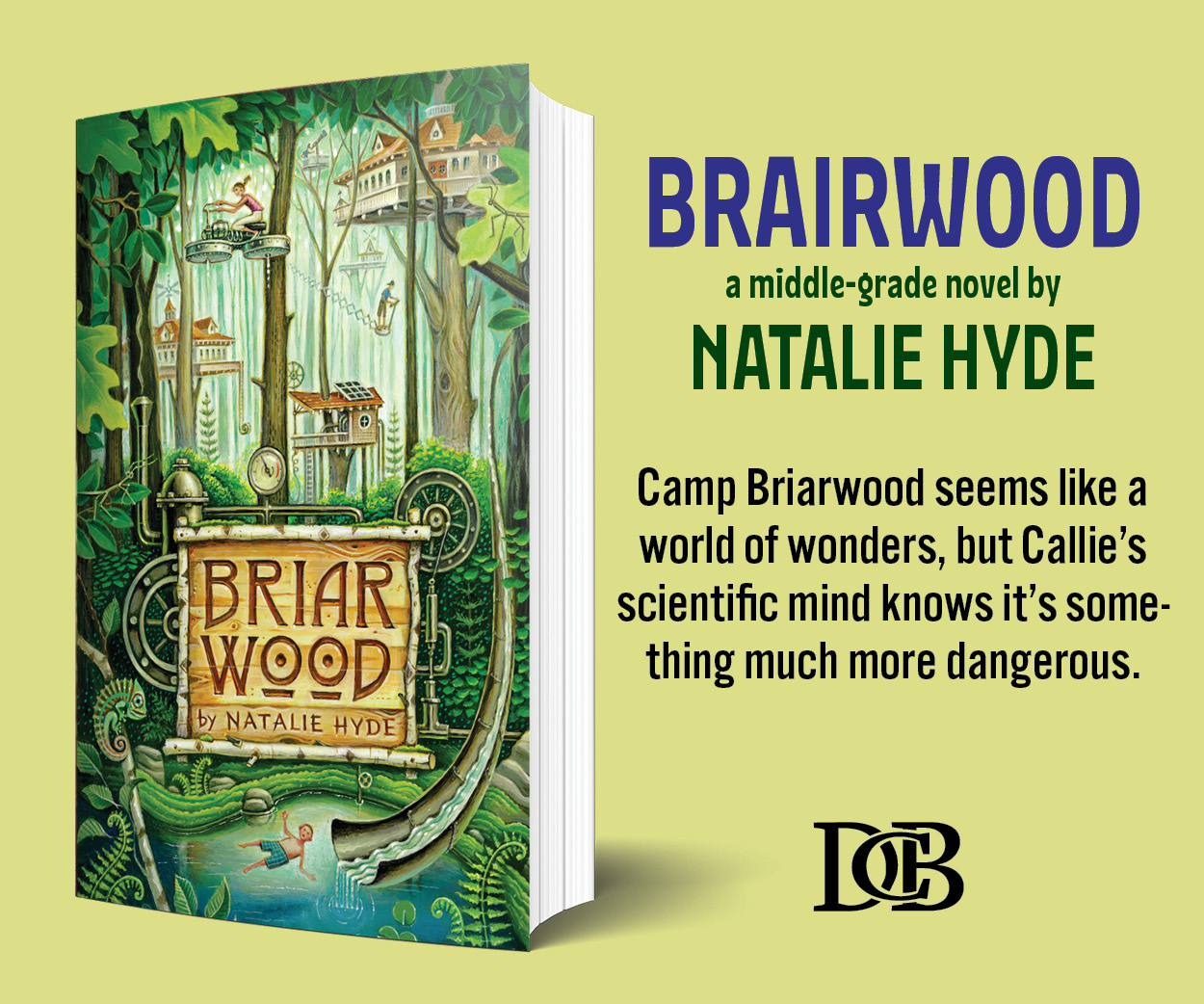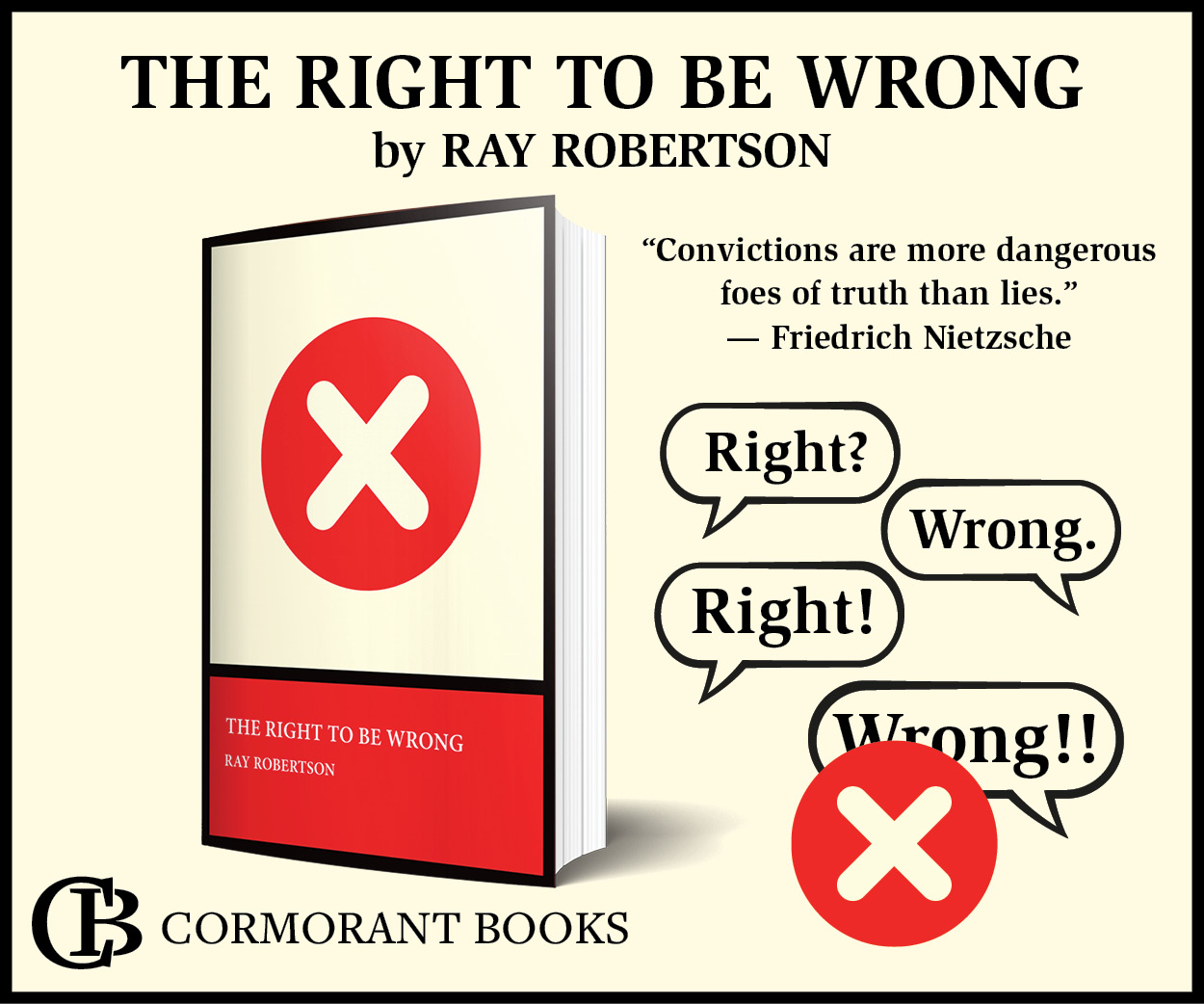And Then They Were upon Her...
If you’ve never heard of Shirley Jackson or read her sensational short story "The Lottery," you should stop doing whatever you’re doing and read it at once.
When “The Lottery” was published on June 27, 1948, in The New Yorker, it kicked up quite the brouhaha. In fact, the magazine received more letters and phone calls about “The Lottery” than any other piece of fiction it had ever published. In midsummer of that year, the San Francisco Chronicle ran a front-page article asking what the story actually meant, and a number of columns in New York and Chicago claimed that New Yorker subscriptions were being canceled en masse. Even though “The Lottery” was not Jackson’s first published story, nor would it be her last, she had been assured that if it had been the only story she ever published, people would not forget her name.
That’s the power of fiction for you.
In the years following publication of “The Lottery,” Jackson was inundated with hate mail. One of the letters she received stated: "Tell Miss Jackson to stay out of Canada."
There would be no apology.
In her 1960 essay “Biography of a Story,” Jackson describes the aftermath of “The Lottery” in this way:
Curiously, there are three main themes which dominate the letters of that first summer – three themes which might be identified as bewilderment, speculation, and plain old-fashioned abuse. In the years since then, during which the story has been anthologized, dramatized, televised, and even—in one completely mystifying transformation – made into a ballet, the tenor of letters I received has changed. I am addressed more politely, as a rule, and the letters largely confine themselves to questions like what does this story mean? The general tone of the early letters, however, was a kind of wide-eyed, shocked innocence. People at first were not so much concerned with what the story meant; what they wanted to know was where these lotteries were held, and whether they could go there and watch.
Another letter from Canada read: “Can the lottery be some barbaric event, a hangover from the Middle Ages perhaps, which is still carried on in the States? In what part of the country does it take place?”
Speaking of barbarism, I shudder to think what kind of response Jackson would have received were social media alive and kicking in 1948. I imagine Internet trolls would have devoured Jackson whole and thought nothing of it. The irony is of course that the crowd mentality Jackson had tried to expose in her unforgettable story came to haunt her for the rest of her life because of it.
Some consider social media to be a force of collective good, but I’m not so sure. I worry about the damage the Internet mob could inflict with the swipes of its greasy fingertips. I’ve been thinking about it lately, when I heard about Anne Rice’s online petition to ban anonymous bullying on Amazon.com, and especially when I began to read (with horror) the new book by Jon Ronson entitled “So You’ve Been Publicly Shamed.”
Your CanLit News
Subscribe to Open Book’s newsletter to get local book events, literary content, writing tips, and more in your inbox
Shirley Jackson was disingenuous, I think, when she stated over and over that “The Lottery” was “just a story.” In a moment, you will see why I think so. Any writing, as far as I see it, is a moral act, whether done on a piece of paper, on the wall of a bathroom stall, or on the Internet. Our words matter and what we write (and say) does change the world.
After Jackson died in her sleep of heart failure in 1965, her husband Stanley Edgar Hyman, published a part of her unfinished novel and three lectures she had delivered at colleges and writers’ conferences in her last years. Among the lectures is “Notes for a Young Writer,” which Jackson wrote as a stimulus to her daughter, Sally, who had wanted to become a writer herself.
Listen to these quotations:
Your story must have a surface tension, which can be considerably stretched but not shattered; you cannot break your story into pieces with jagged odds and ends that do not belong.
Avoid small graceless movements. As much as possible free yourself from useless and clumsy statements about action.
Conversation is clearly one of the most difficult parts of the story. It is not enough to let your characters talk as people usually talk because the way people usually talk is extremely dull.
Try to remember with description that you must never just let it lie there; nothing in your story should ever be static unless you have a very good reason indeed for keeping your reader still; the essence of the story is motion.
Do not let your chair be “straight chair, with no arms and a hard wooden seat.” Let your heroine go over and take a firm hold of the back of a straight wooden chair, because at the moment it is stronger than she.
Listen always to people talking. Listen to patterns in talking. Listen to patterns of thinking displayed in talking.
Use all your seasoning sparingly. Do not worry about making your characters shout, intone, explain, remark, shriek, reason, holler, or any such thing, unless they are doing it for a reason. All remarks must be said.
Never forget the grotesque effect of the absolutely wrong words: “I will always love you,” he giggled; “Top the finished cake with a smear of whipped cream;” “I am not afraid of anything in the world,” he said thinly.
Just remember that primarily, in the story and out of it, you are living in a world of people.
Now about this business of the beginning implying the ending, something which all the textbooks insist upon. You will actually find that if you keep your story tight, with no swerving from the proper path, it will curl up quite naturally at the end, provided you stop when you have finished what you have to say.
The views expressed in the Writer-in-Residence blogs are those held by the authors and do not necessarily reflect the views of Open Book: Toronto.
The views expressed in the Writer-in-Residence blogs are those held by the authors and do not necessarily reflect the views of Open Book.


